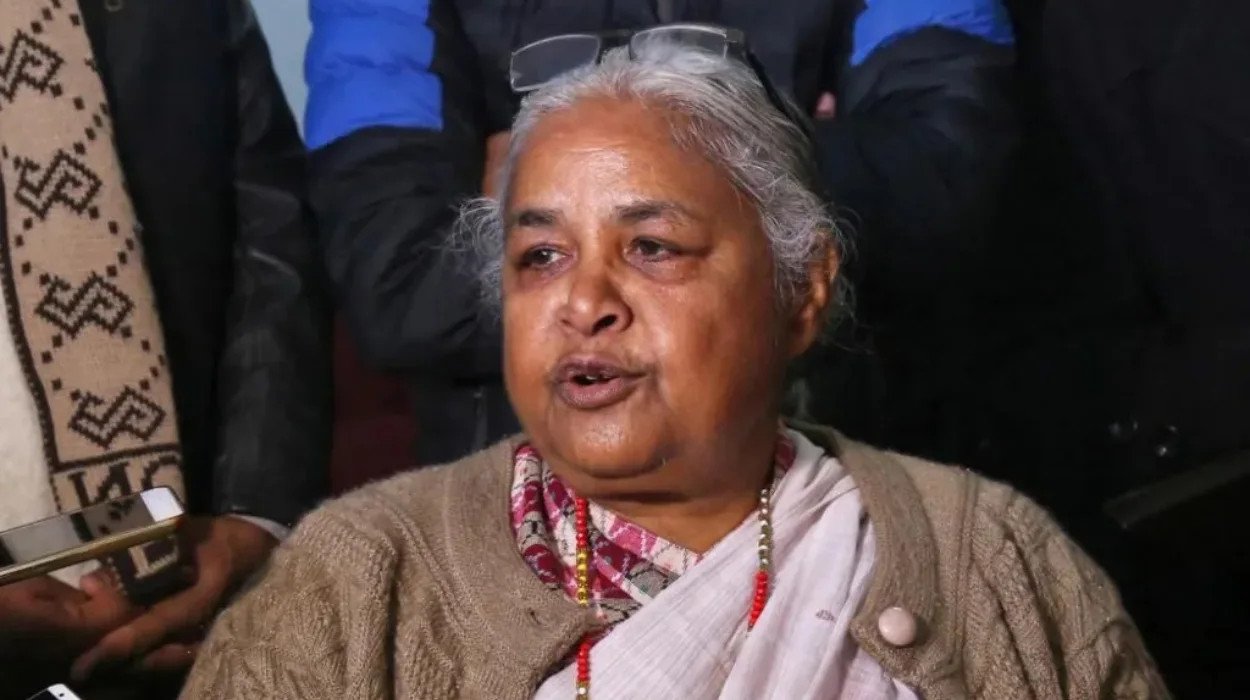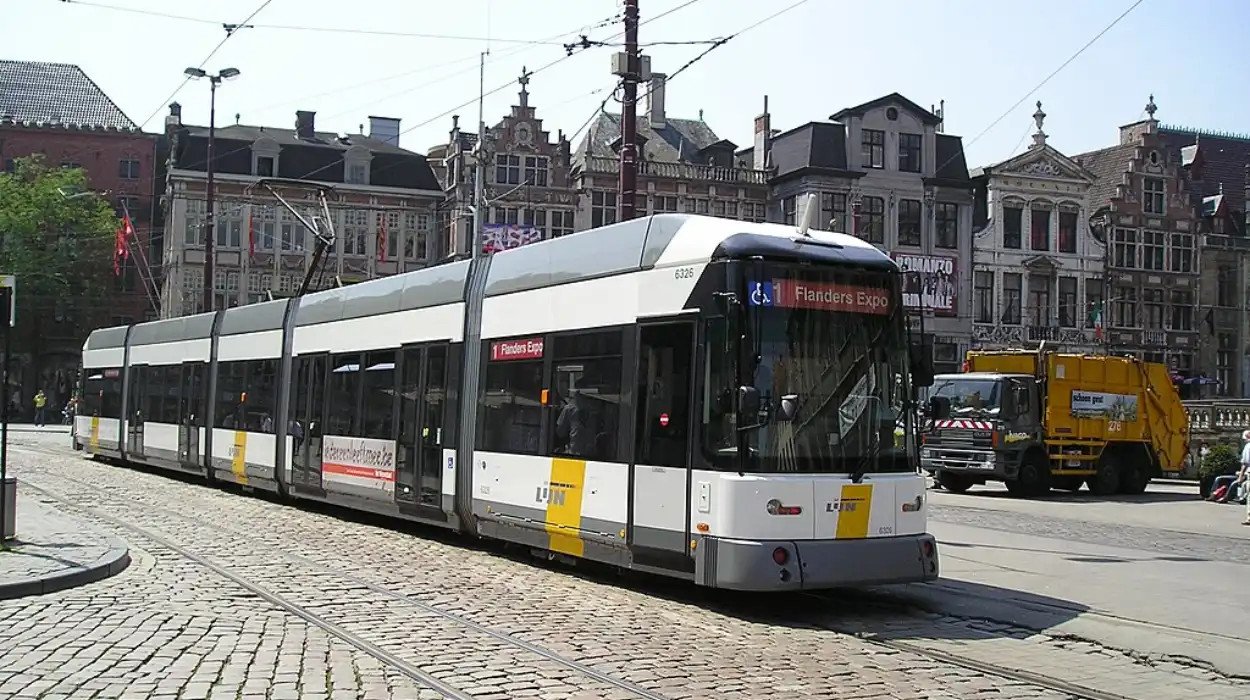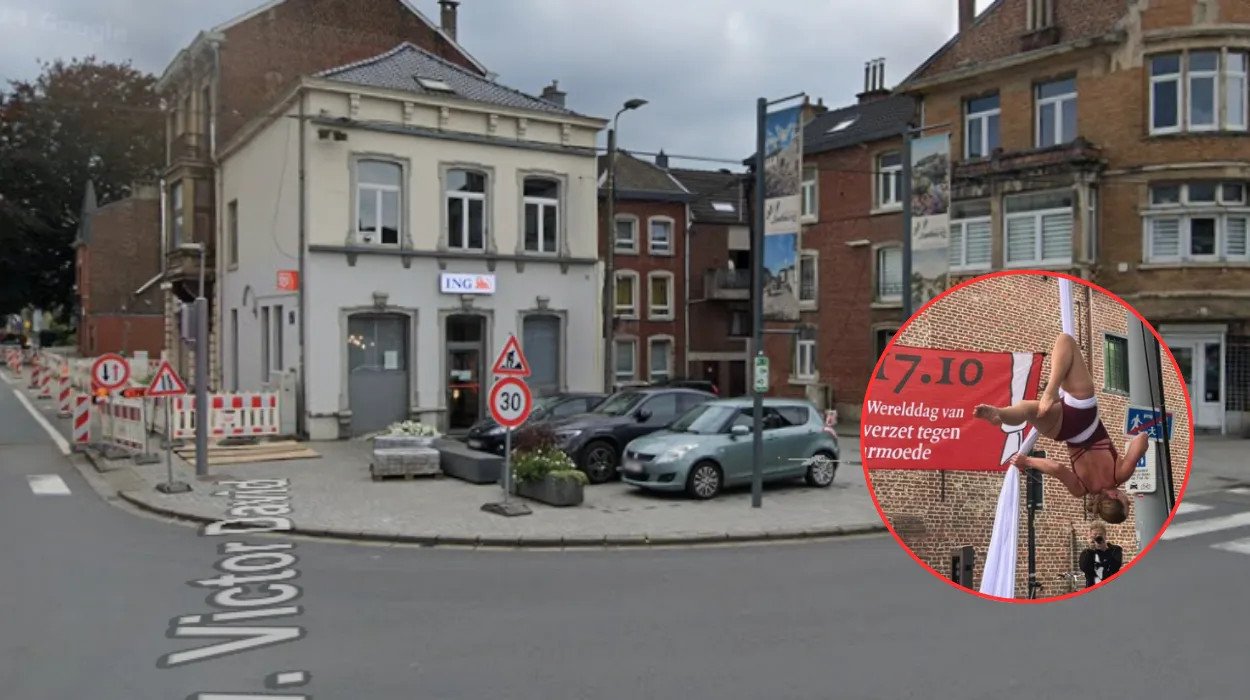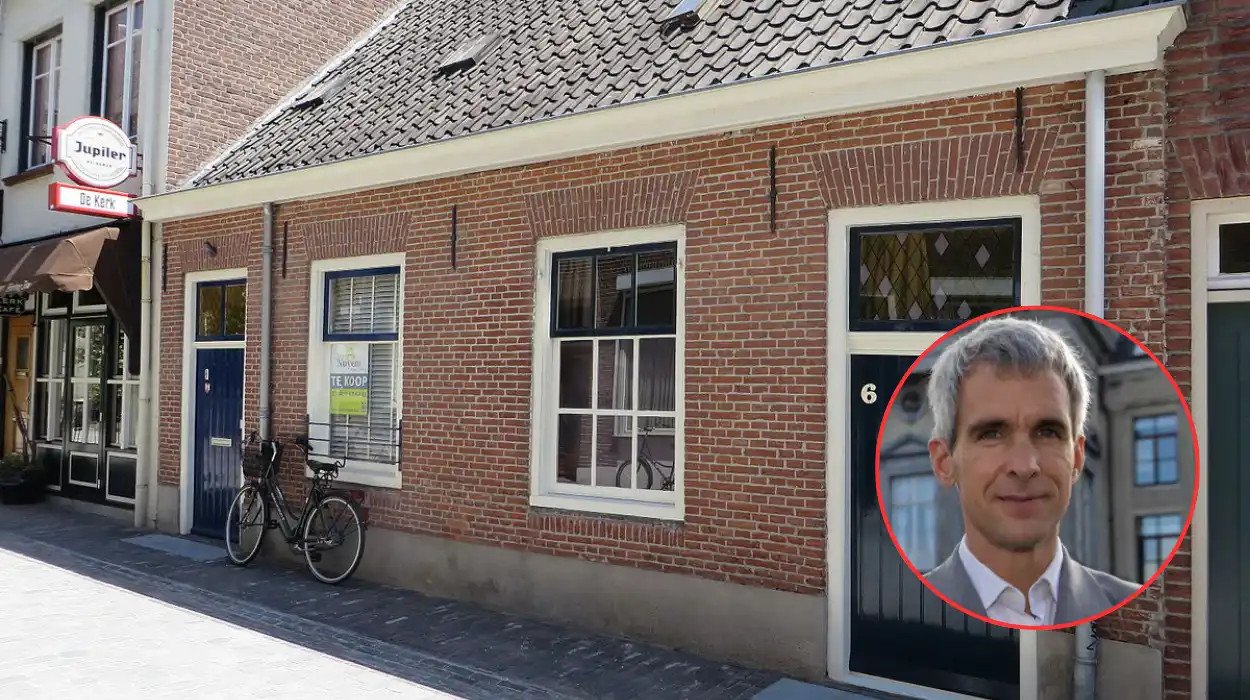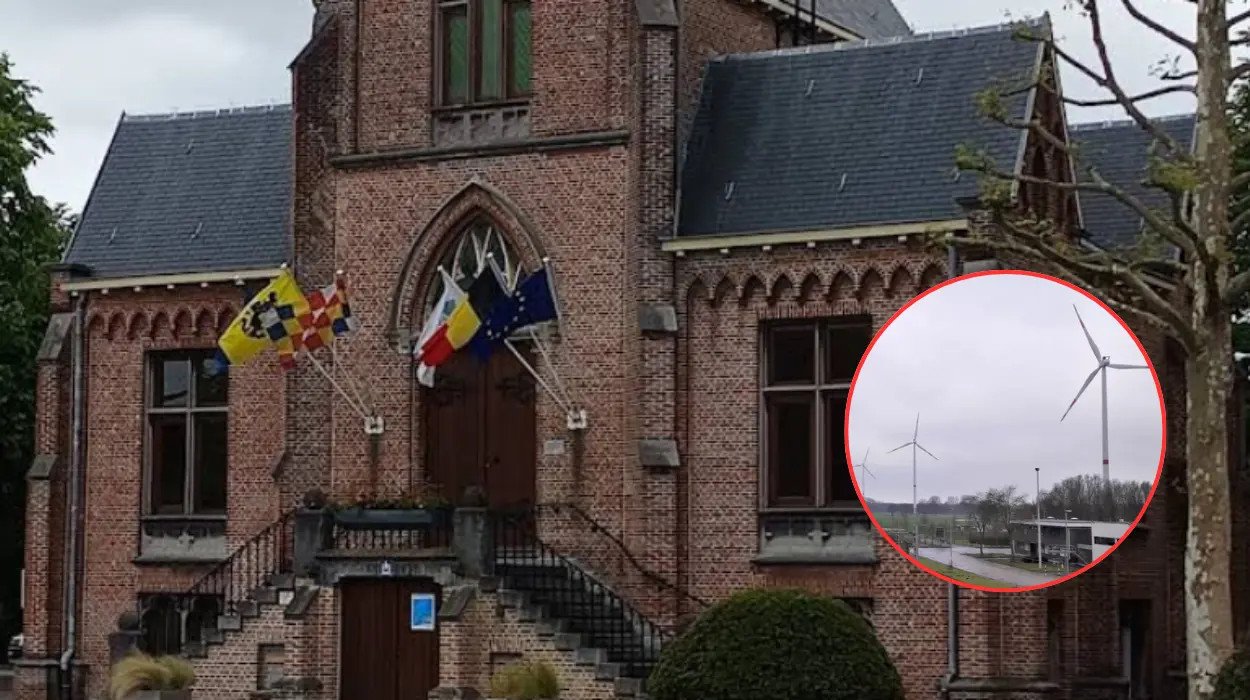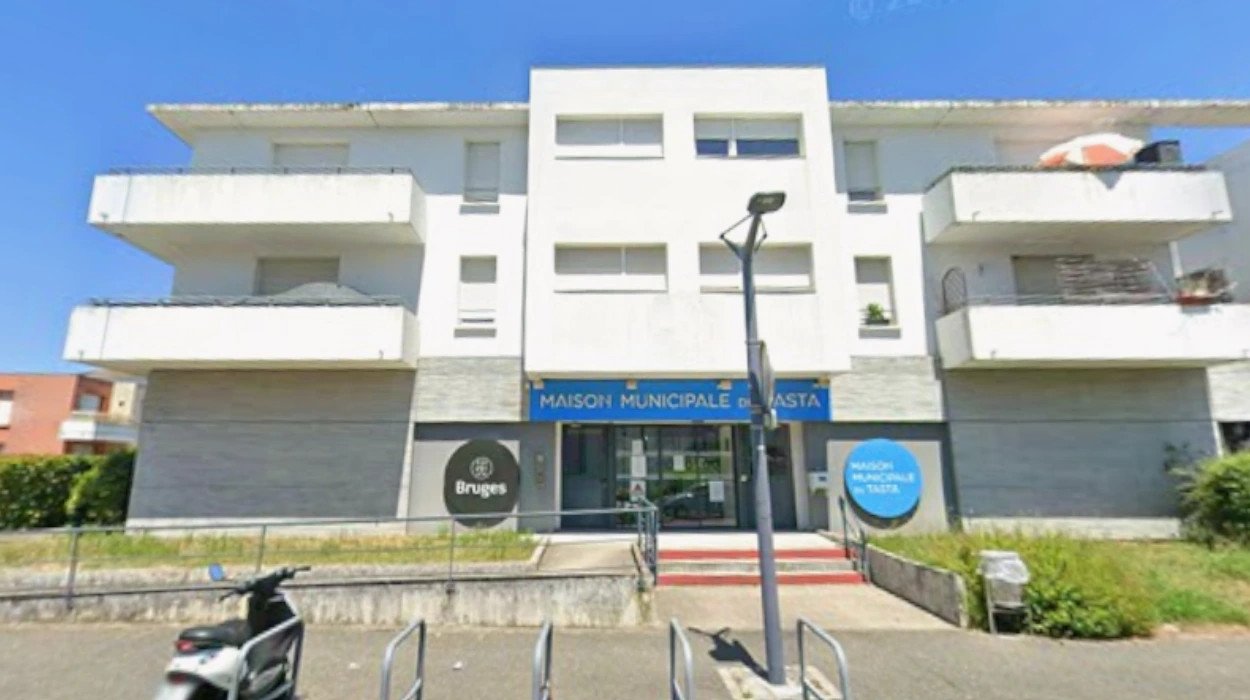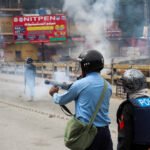Kathmandu – Sushila Karki, Nepal’s newly appointed interim prime minister, convenes her first government meeting today following a tumultuous week that saw her predecessor ousted amid deadly anti-corruption protests. Karki, who previously served as chief justice, took office on Friday in the wake of widespread unrest, reports 24brussels.
Karki’s inauguration marks a historic moment as she becomes Nepal’s first female prime minister. Her appointment comes after a significant period of unrest driven by discontent over corruption and nepotism within the government. The protests intensified with the youth leading the charge, demanding accountability and change in response to rising unemployment and economic disparities.
The political upheaval in Nepal began in early September when protesters mobilized against perceived elite privilege, prompted by politicians’ children flaunting their lifestyles on social media while many ordinary citizens struggled economically. The movement, initially sparked by social media campaigns, spilled into the streets, igniting the most severe social unrest in years.
Last week, the situation escalated dramatically following a government ban on numerous popular social media platforms, including Instagram, Facebook, and WhatsApp. This restriction further fueled tensions, culminating in violent protests where demonstrators set fire to key government institutions, including parliament and the Supreme Court, demanding the resignation of Prime Minister K.P. Sharma Oli, which ultimately occurred.
Background on Sushila Karki’s Appointment
Following the protests, Karki was thrust into the spotlight as an unexpected candidate capable of leading a nation in turmoil. Young protesters indicated their support for her appointment through an informal vote conducted via the messaging app Discord, reflecting a broader desire for reform.
Implications of the Ongoing Protests
With economic challenges worsening and a perceived divide deepening between the elite and the general populace, the calls for change have resonated strongly among Nepal’s youth. Analysts suggest that Karki’s leadership must address these systemic issues to stabilize the political landscape and regain public trust.
The international community is closely monitoring developments in Nepal, noting the need for concrete reforms to ensure sustainable progress and mitigate the risk of further unrest. Karki’s government will face the challenge of not only governing effectively amidst societal divisions but also fostering an environment of inclusivity and growth.
